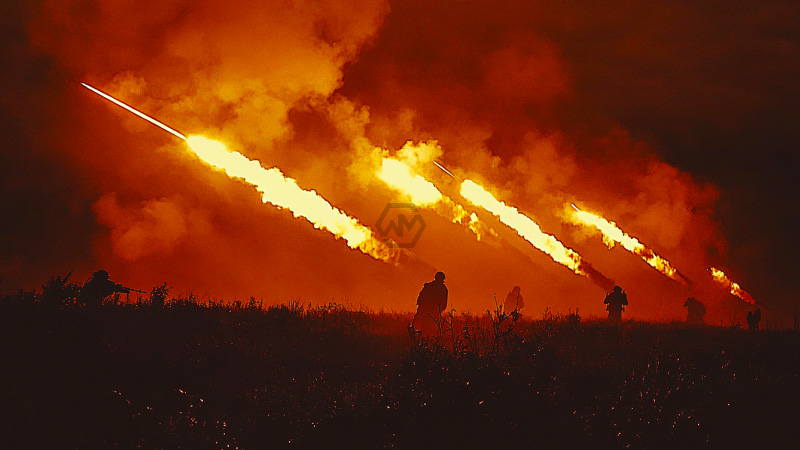- Hezbollah launches rocket salvo at Israeli army intelligence base near Tel Aviv.
- Israel confirms killing high-ranking Hezbollah leaders in airstrikes near Beirut.
- International airlines suspend flights to Lebanon and Israel due to growing conflict.
The conflict between Israel and Hezbollah has intensified as Hezbollah claimed responsibility for launching a rocket salvo at an Israeli army intelligence base near Tel Aviv.
In addition to military developments, international concerns have risen as airlines suspend flights to the region. Countries such as France, India, and Algeria have halted services to Tel Aviv and Beirut amid fears of a broader conflict.
Rising Tensions Between Israel and Hezbollah Impact Middle East and Global Aviation
Hezbollah’s announcement of a rocket attack on an Israeli army intelligence base near Tel Aviv signals a shift in the conflict’s intensity. The attack is part of a broader response by the militant group following Israel’s targeted killing of several high-ranking Hezbollah officials, including Hashem Safieddine, a top leader positioned to take over after Hassan Nasrallah.
Israel’s military has been ramping up operations against Hezbollah, with recent airstrikes on the Lebanese port city of Tyre and calls for evacuations in southern Lebanon. These moves indicate that Israel is expanding its campaign, warning civilians to avoid areas where Hezbollah operates to minimize casualties as it focuses on neutralizing the group’s infrastructure.
The conflict has also had significant global repercussions, especially in the aviation industry. Airlines, including Air France, Air India, and KLM, have suspended flights to Tel Aviv, Beirut, and other areas affected by the conflict. This highlights the growing concern that the conflict could extend beyond the immediate region, disrupting international travel and trade routes.
Meanwhile, diplomatic efforts continue. U.S. Secretary of State Antony Blinken has been active in the region, meeting with Israeli officials to encourage restraint and avoid a broader escalation. His emphasis on providing aid to Gaza reflects the ongoing humanitarian crisis as the conflict threatens to spread further across the Middle East.
As the conflict between Israel and Hezbollah escalates, international efforts are intensifying to contain the situation. However, with continued military actions and regional impacts, the outlook remains uncertain.
“Now is the time to end the Gaza war,” said U.S. Secretary of State Antony Blinken, stressing the importance of avoiding further escalation and facilitating humanitarian efforts.



